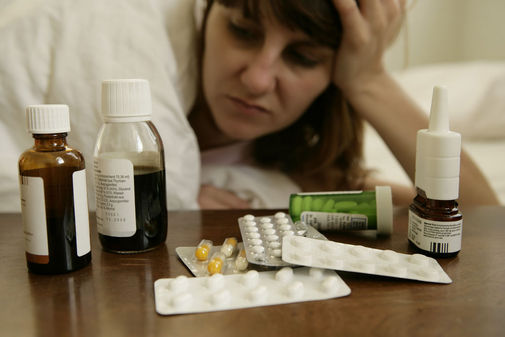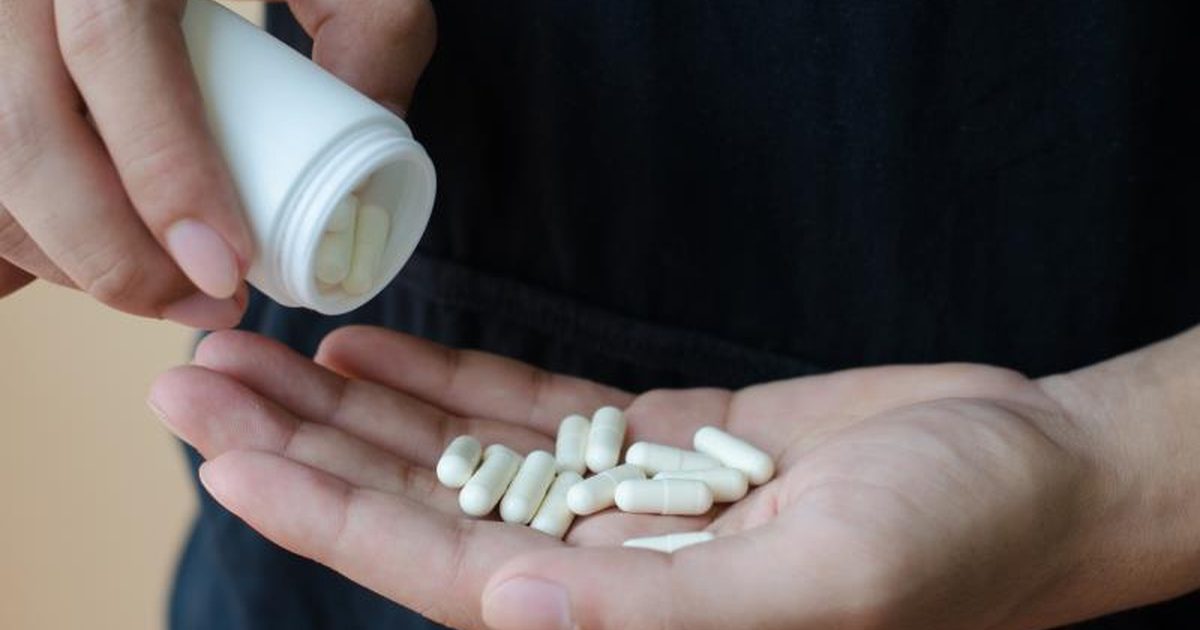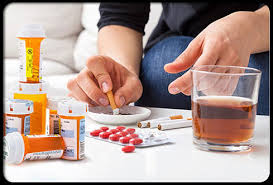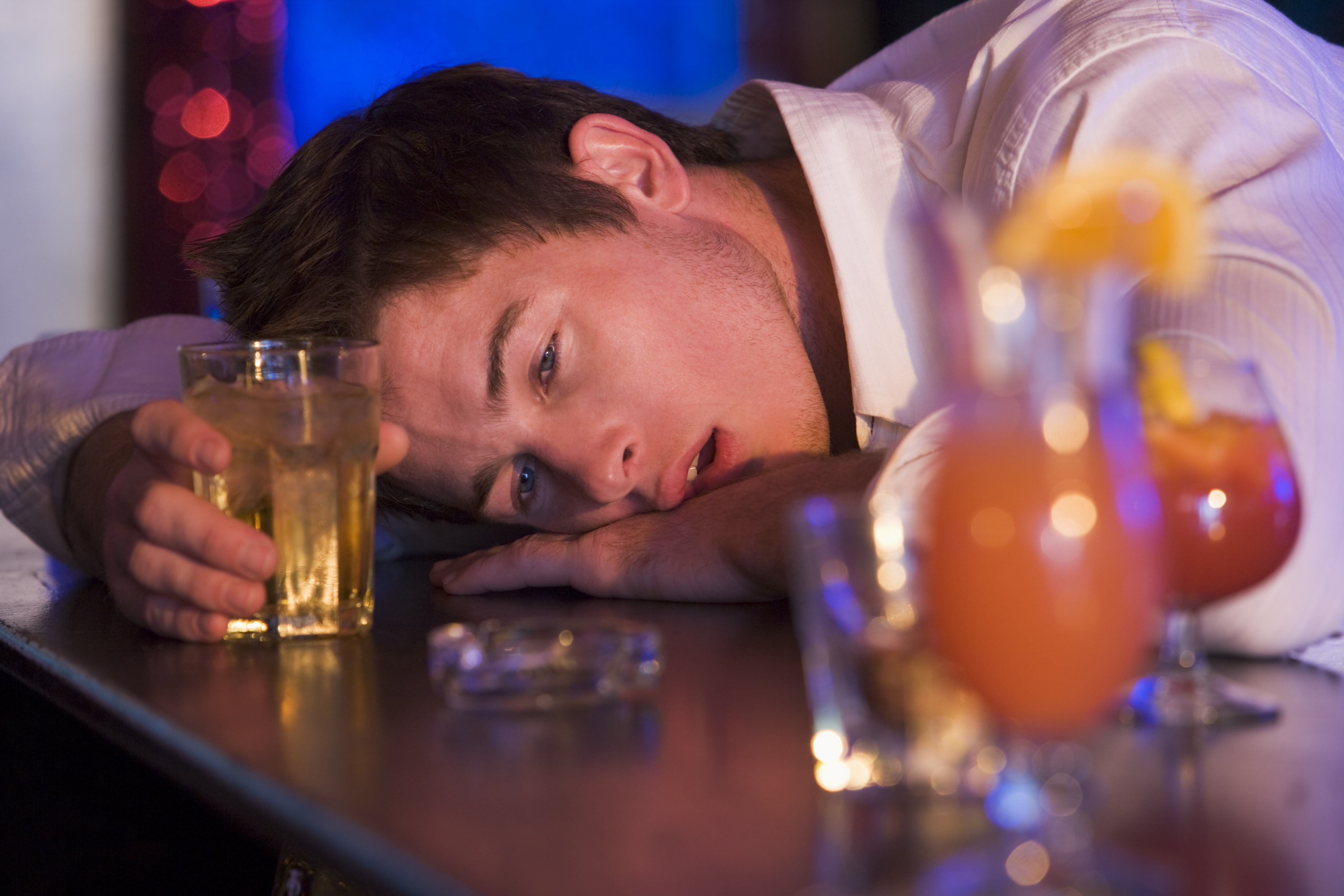Stress complications anxieties

Stress complications anxieties needs collective treatment approach where family members are involved
Stress complications anxieties: Drug addiction stress disturbance
All the stress complications anxieties are triggered by drug addiction. We will be making references over this from time to as we progress into this discussion. We have a lot in store for you eve as we continue with the campaign of creating awareness about the effects of drug addiction on humanity. In that strength, we want to focus on how drug addiction is associating with stress and anxiety and how we are affected by that in the current lifestyle we live. Speaking to the experts at AWAREmed Health and Wellness Resource Center under the leadership of doctor Dalal Akoury MD it is very evident that where there is stress, there will be depression and possibly anxiety.
If these were to find the preexistence of drug abuse in the system, life will become much more frustrating to the victims. Some of the health conditions associated with drug addiction and stress may include heart disease, stroke, cancer and low immunity among many others that we will be discussing progressively in our subsequent articles. In the meantime, if you are struggling with drug addiction stress elements, you can always call on doctor Akoury for help on telephone number 843 213 148 and you will be assisted professionally.
Stress complications anxieties: Heart disease
This is not going to be the first time we are mentioning something about heart disease because we have done it before however, in this discussion, it is important to appreciate that the full impact of mental stress on heart disease is just coming to light but the underlying mechanisms are not always clear says doctor Akoury. Stress can influence the activity of the heart when it activates the automatic part of the nervous system that affects many organs, including the heart itself. Such actions and others are likely to affect the heart negatively in several ways including:
- Sudden stress increases the pumping action and rate of the heart, while at the same time causing the arteries to constrict (narrow). This restricts blood flow to the heart.
- The emotional effects of stress alter the heart rhythms, which could pose a risk for serious arrhythmias (rhythm abnormalities) in people with existing heart rhythm disturbances.
- Stress causes the blood to become stickier (possibly in preparation for potential injury).
- Stress appears to impair the clearance of fat molecules in the body.
- Stress that leads to depression appears to be associated with increased intima-medial thickness, a measure of the arteries that signifies worsening blood vessel disease.
- Stress causes the body to release inflammatory markers into the bloodstream. These markers may worsen heart disease or increase the risk of a heart attack or stroke.
- Studies have reported an association between stress and high blood pressure, which may be more pronounced in men than in women. According to some evidence, people who regularly experience sudden spikes in blood pressure (caused by mental stress) may, over time, develop injuries to the inner lining of their blood vessels.
More evidence is still needed to confirm any clear-cut relationship between stress and heart disease. However, research has linked stress to heart disease in men, particularly in work situations where they lack control. The association between stress and heart problems in women is weaker, and there are some evidence that the ways in which women cope with stress may be more heart-protective.
Stress complications anxieties: Drug addiction stress disturbance
http://regenerativepotential.com/wp-admin









